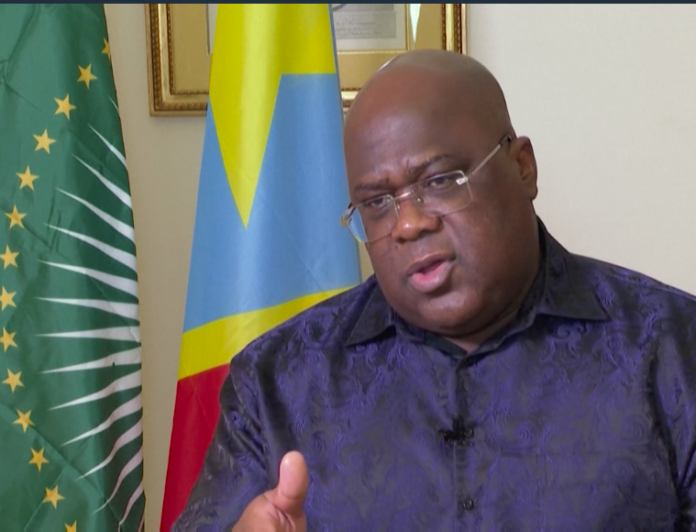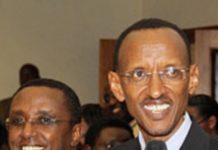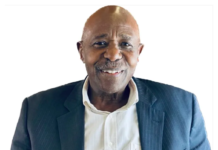In Kinshasa, Democratic Republic of Congo (DRC), President Félix Tshisekedi addresses the nation’s ongoing conflict with both visible and covert challenges. According to reports from the United Nations, the DRC has been embroiled in a rebellion in its eastern regions for over two years, led by the March 23 Movement (M23), a militant group reportedly backed by Rwanda. President Tshisekedi, who secured re-election in December 2023, articulated his concerns in an interview on March 29 with Le Monde, Radio France, and The Wall Street Journal, expressing frustration over what he perceives as the international community’s complicity in the crisis.
Tshisekedi’s administration has faced significant trials, notably the siege of Goma, the capital of North Kivu Province, by M23 rebels. Despite the provocations from Rwandan President Paul Kagame, which Tshisekedi describes as manipulative and malevolent, he has opted for diplomatic engagement over warfare, motivated by a hope for peace rather than perceived weakness. However, Tshisekedi remains firm on his stance against negotiating directly with insurgents, preferring dialogue with his Rwandan counterpart. The potential for such a meeting hinges on ongoing diplomatic efforts, spearheaded by the Angolan President, appointed mediator by the African Union.
The DRC’s military struggle against the M23, bolstered by Rwandan forces, reveals complex dynamics. Tshisekedi acknowledges both setbacks and victories, admitting that internal challenges have hindered military reform. He disclosed that the national army, inherited at the start of his tenure, includes rebels integrated following previous agreements, complicating the fight against infiltration by enemies, both foreign and domestic.
To bolster its military capabilities, the DRC has enlisted the services of two private military companies, Congo Protection and Agemira, led by French national Olivier Bazin. Contrary to accusations of employing mercenaries, Tshisekedi distinguishes these firms as training facilitators rather than combat forces. The engagement of such companies does not extend to the training of pro-government militias known as “Wazalendo,” citizens taking up arms to defend their communities without formal military training.
Addressing concerns about these militias, including the recruitment of child soldiers, Tshisekedi emphasizes the importance of proper management and contextual understanding, pointing to the dire circumstances faced by many in conflict zones. He criticizes the international community’s simplistic and judgmental perspectives, urging for a deeper comprehension of the complexities involved.
Tshisekedi’s critical stance extends to the international response to the crisis, denouncing the perceived complicity of foreign nations in the exploitation of DRC’s resources and the lack of punitive measures against Rwanda. Despite this, he maintains a cautious openness to relations with all nations, including Russia, provided they respect DRC’s laws and sovereignty. His upcoming participation in the Russia-Africa summit illustrates this pragmatic approach, despite the DRC’s condemnation of Russia’s actions in Ukraine.
The European Union’s support for the Rwandan military and agreements on mineral resources, amidst allegations of resource plundering in the Congo, has drawn particular ire from Tshisekedi. He challenges the rationale and fairness of such partnerships, highlighting the need for a more equitable and transparent approach to international relations in Africa.
































































